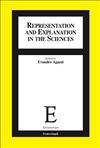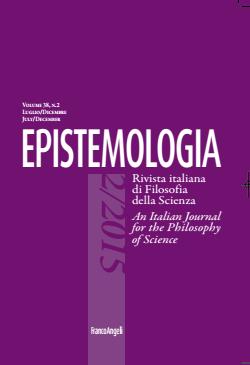This paper treats a classical topic of scientific epistemology from a new point of view. It considers biology to be a science intermediate between physics and sociology, and the transition from physics to biology as proceeding upwards. As a consequence, any type of reductionism will be avoided. The foundation of sociology can now be viewed as an extension of physics and biology. Indeed social reality is built by means of constitutive rules that create those social facts that have been denominated ‘institutional’ (such as governments and all state institutions, marriage, and money). Having argued for the connection among values and norms (ought-to-be) and actions (is), the problem is that of justifying this connection. Can values and norms be reasons that explain action? Can reasons be understood as causes? In this paper the thesis is advocated that reasons are not sufficient for causally explaining actions. Taking up the classical analysis of ‘practical inference’, I want to point out that, if from the reasons for action (understood as causes) logically followed the action itself, the reasons would be sufficient causes of the action: indeed, this would eliminate free will. For this reason, we must examine the problem of free will. My conclusion is in favor of the position of B. Libet, who has demonstrated free will experimentally, and therefore the nondeterministic nature of the practical-inferential model.




